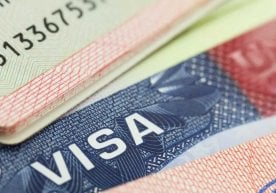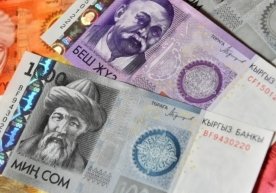The wealth of 1% of people is enough to eliminate 22 of the world's poorest people

Over the past decade, the world’s wealthiest 1 % — constituting only 1 % of the global population — has managed to astronomically increase their wealth. They now hold $33.9 trillion, which is enough to eradicate global poverty 22 times over.
This information was reported by The Guardian, based on an analytical report by the international charity Oxfam. The report highlights that this group has rapidly gained unprecedented economic dominance and now controls a major share of global financial resources.
Number of billionaires and their wealth surged dramatically
For instance, in the UK, there were only 15 billionaires in 1990, whereas by 2024 there were 165 — an all-time high. According to Equality Trust, their average wealth has surged by over 1,000 % during that period.
Experts warn that such increasing inequality may lead to serious global problems.
Billionaires pay much lower taxes
According to Oxfam, global billionaires pay only about 0.3 % of their wealth in taxes, in stark contrast to significantly higher rates paid by ordinary workers. This is fundamentally unfair.
Without tax reforms at both national and international levels, inequality will deepen. The billions withheld from national budgets are diverted to “tax havens” instead of funding healthcare, education, and social services.
Tax reforms: hope and practical proposals
In 2023, major economies like Spain, Brazil, Germany, and South Africa endorsed a proposal at the G20 summit to impose a 2 % minimum tax on the ultra-rich. According to French economist Gabriel Zucman, this measure could generate an additional up to $250 billion in revenue.
The objective is to introduce a 15 % global minimum corporate tax for multinational and digital companies, and to curb the use of "tax havens" by the ultra-wealthy.
Global campaign against “tax havens”
Many countries consider it essential to combat tax avoidance. For example, billionaires living in Monaco, Jersey, and similar jurisdictions, but earning in the UK or France, should pay taxes where they actually earn.
This measure supports both strengthening national budgets and promoting social justice. An Oxfam poll shows 86 % of the global population supports closing the loopholes that allow the wealthy and large corporations to avoid paying for public services.
Conclusion: equality is essential for a sustainable society
The Oxfam report compels us to reflect on the colossal financial power of the richest few. If wealth were shared fairly and efficiently, we could not only eliminate poverty but also improve living standards for millions.
If this trend continues, global social inequality could deepen, leading to political and economic crises. Governments and international organizations must act proactively and decisively, rather than remain silent.
Read “Zamin” on Telegram!
Ctrl
Enter
Found a mistake?
Select the phrase and press Ctrl+Enter 




















